Monomi I, Villa Kujoyama

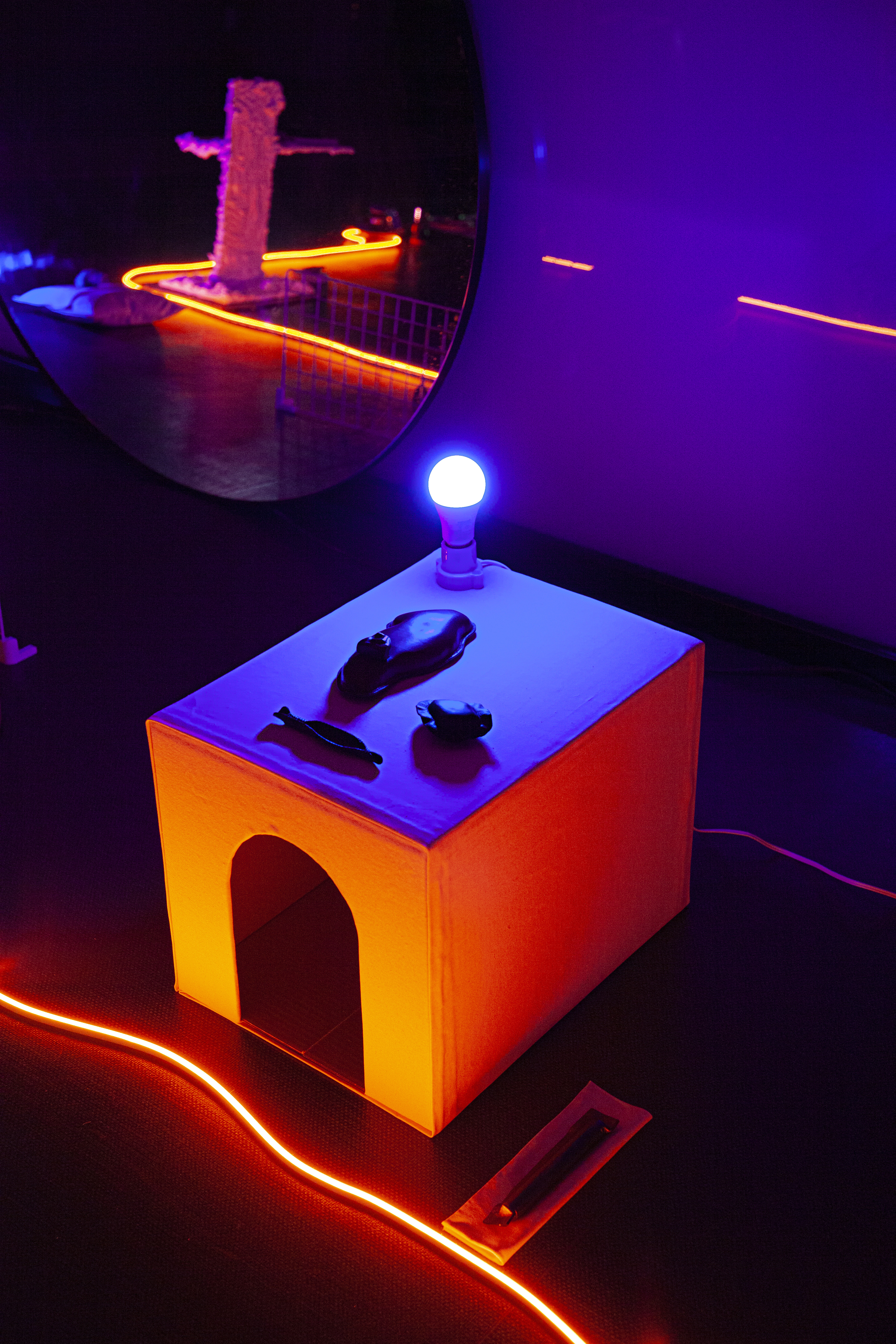


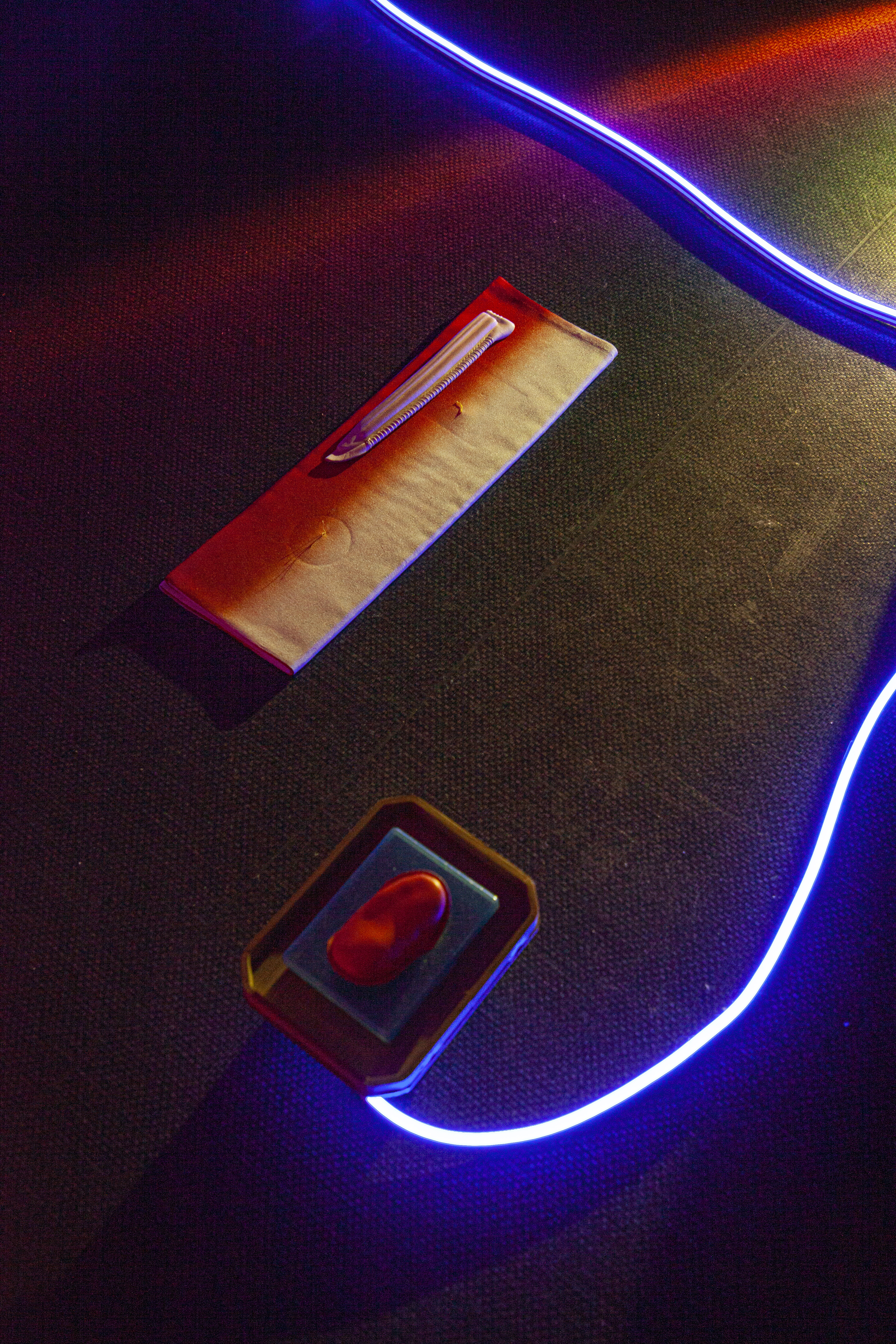
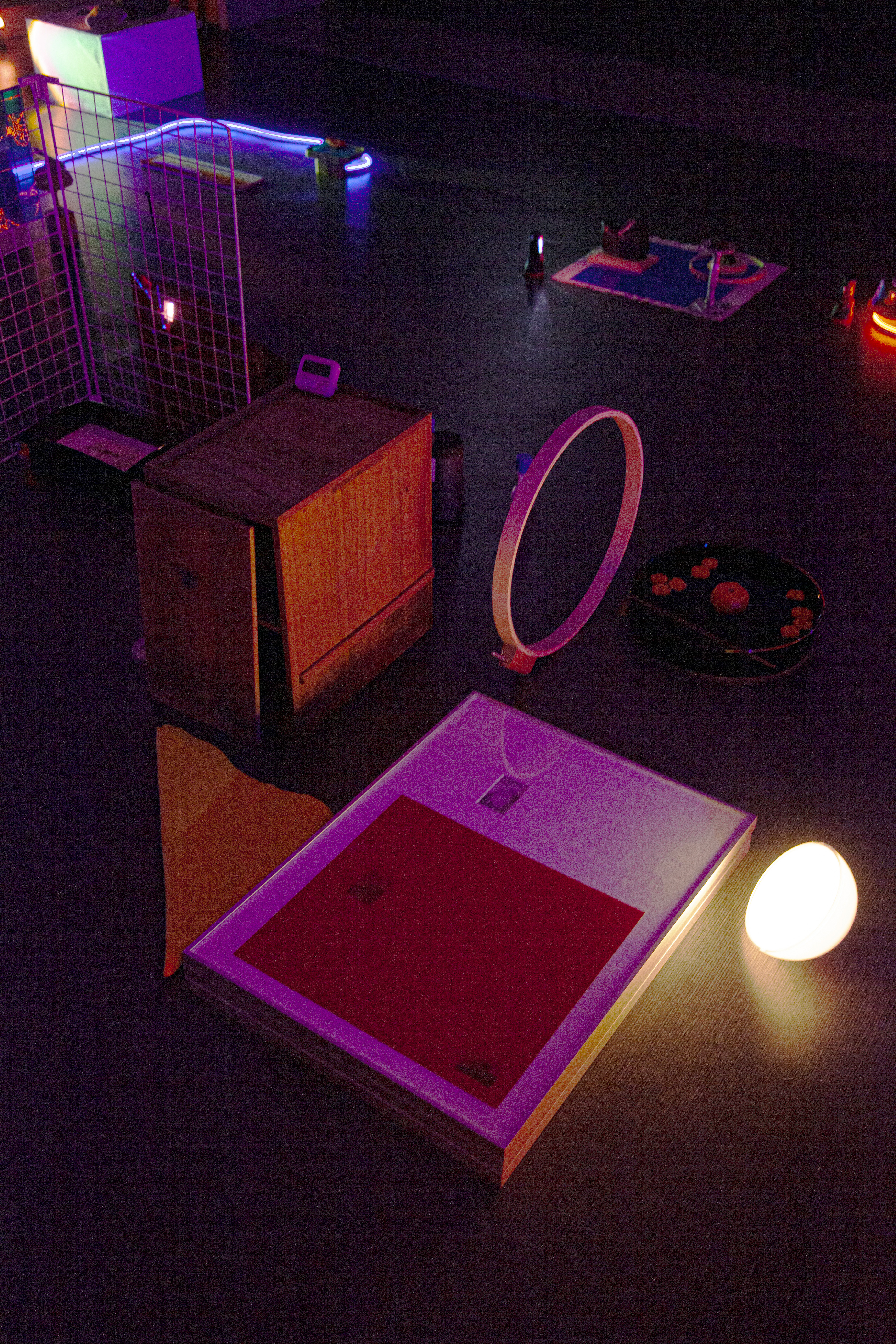

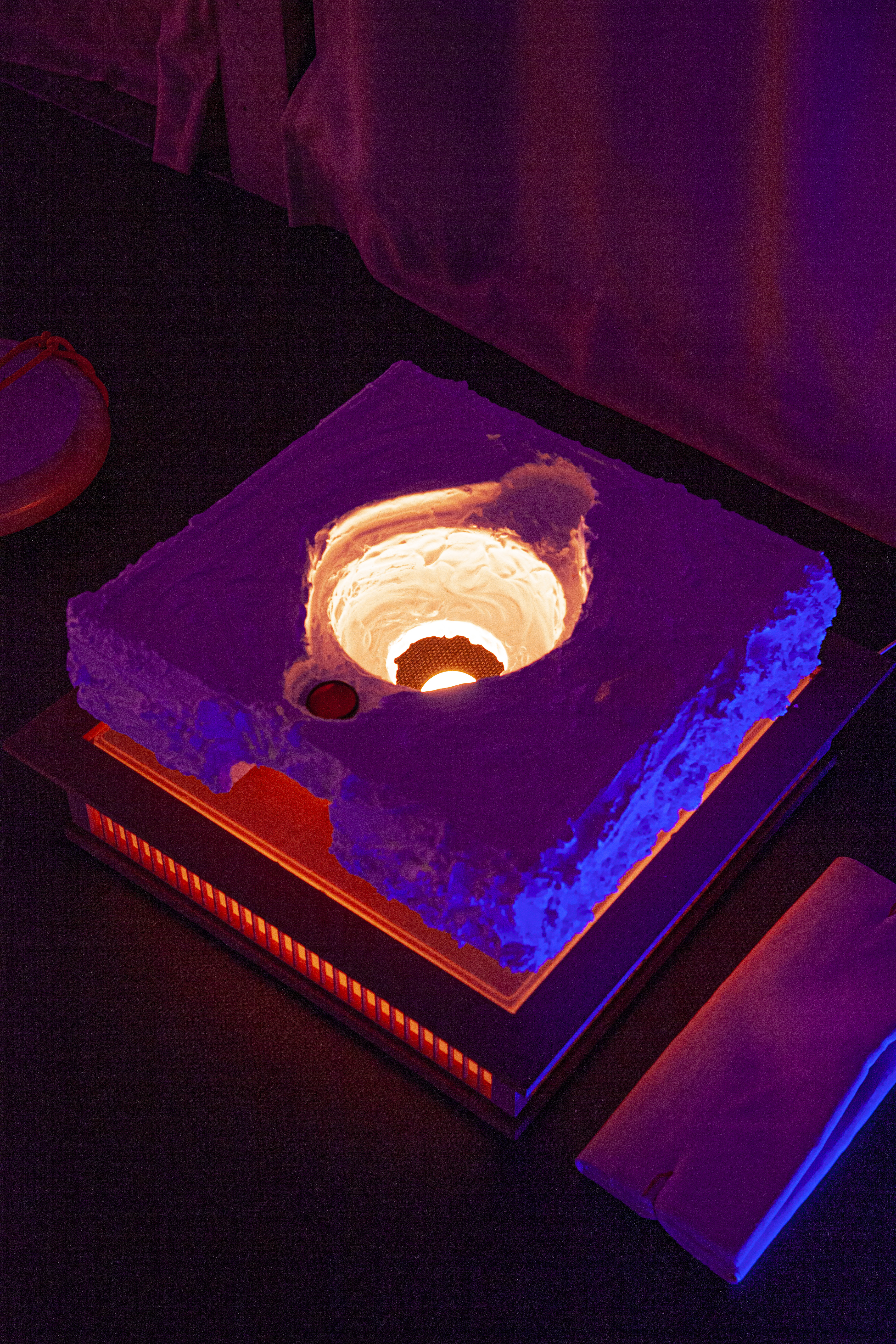
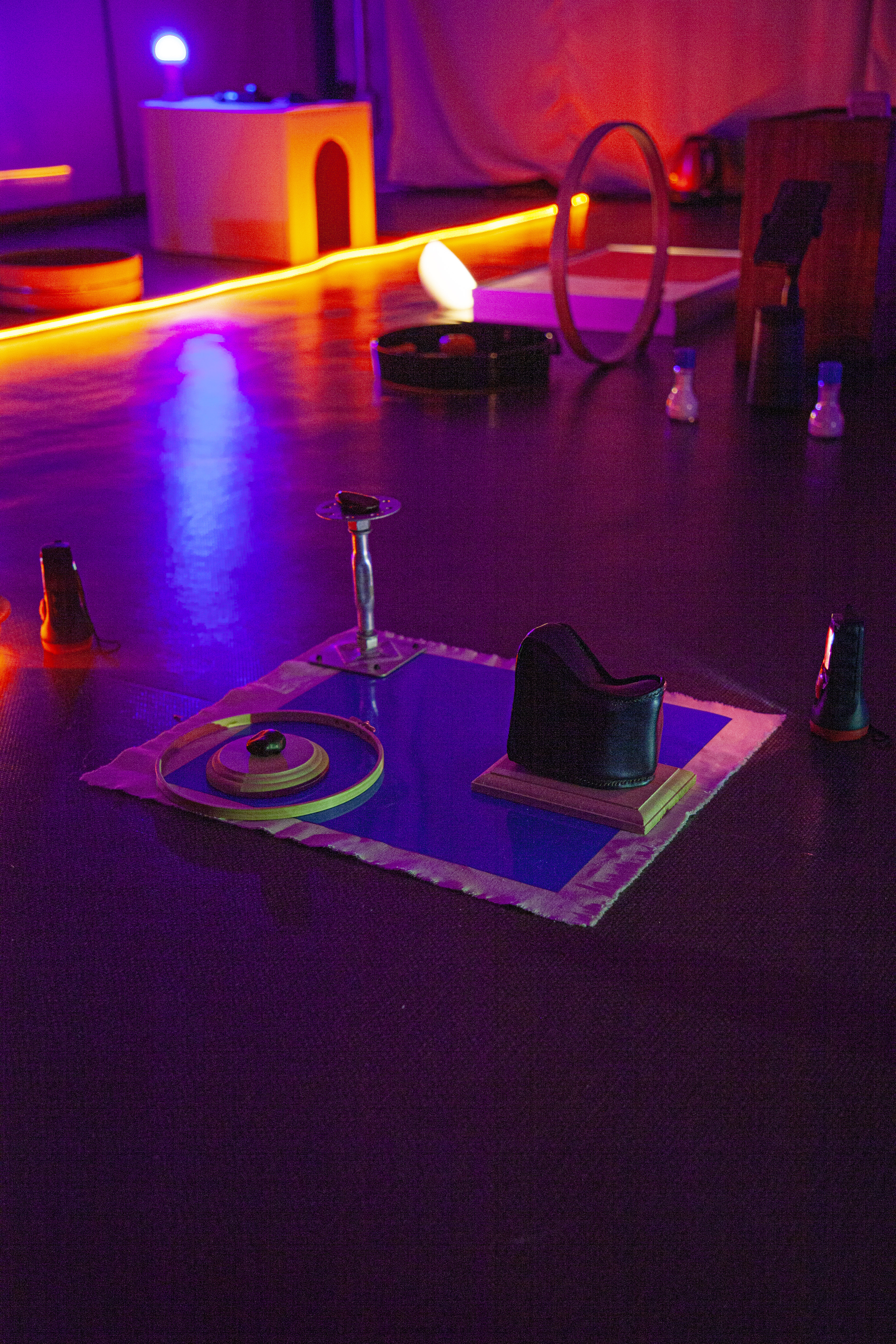
︎︎︎vidéo
Monomi II, Fine Arts of Kyoto
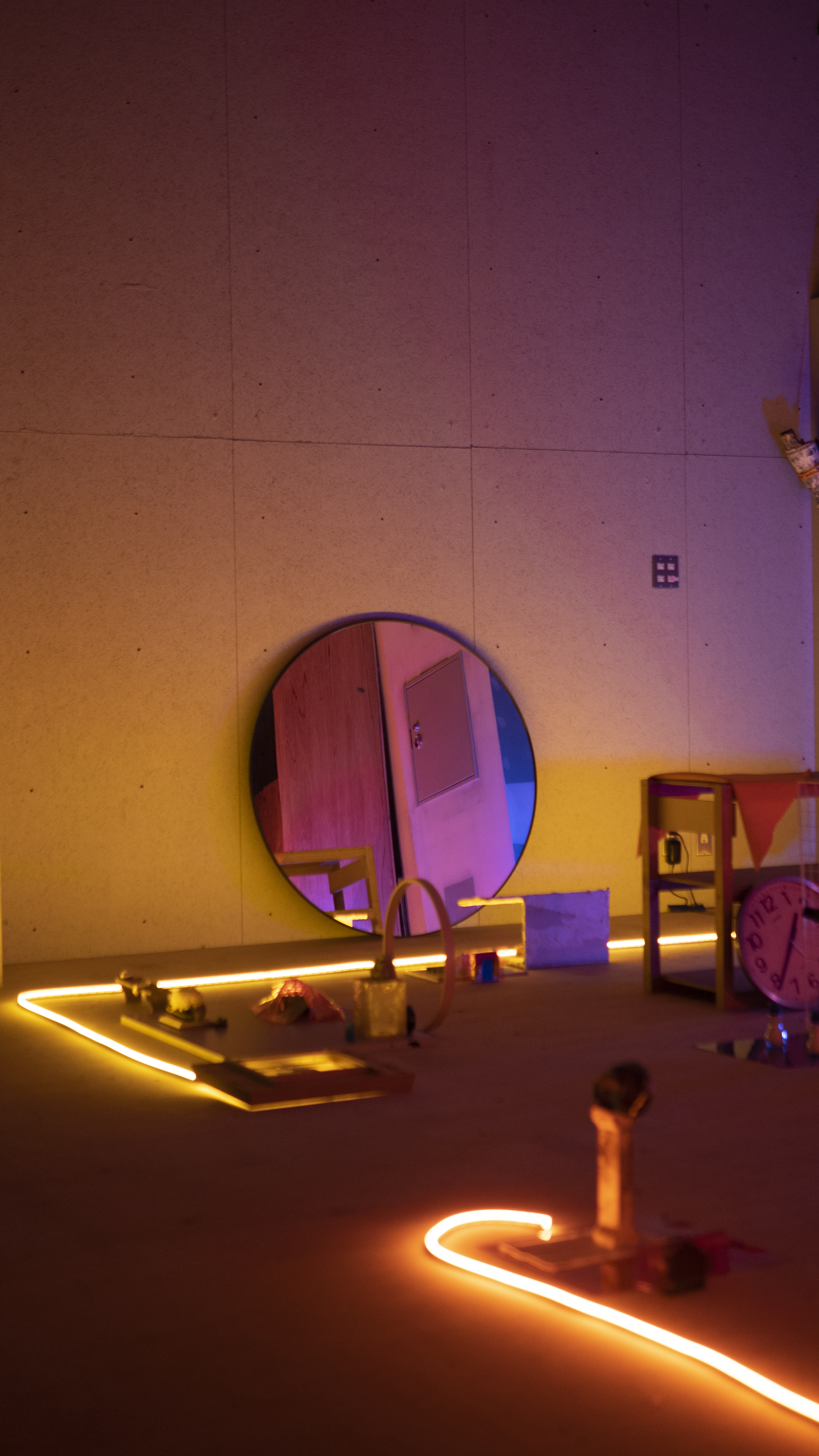
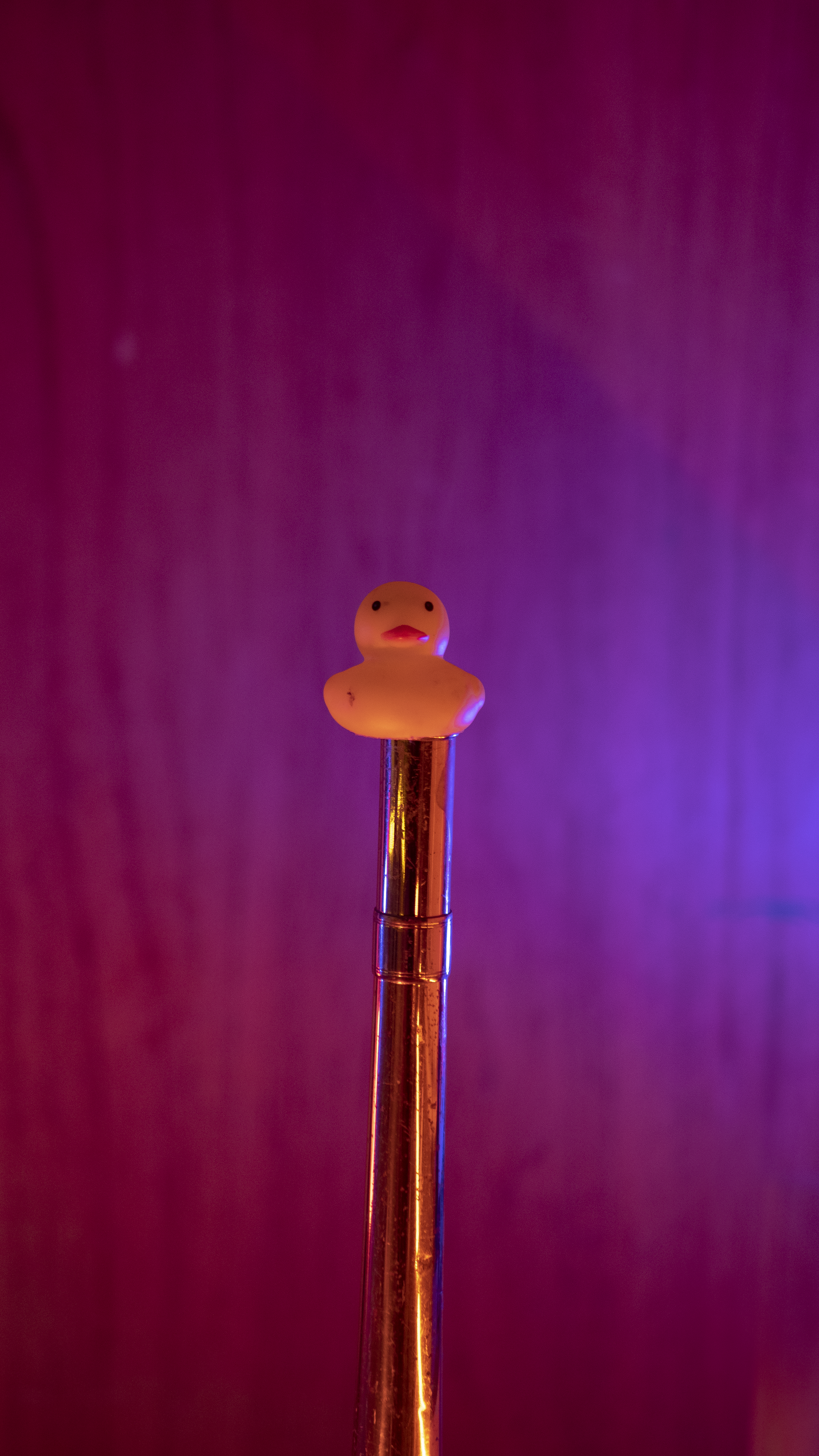
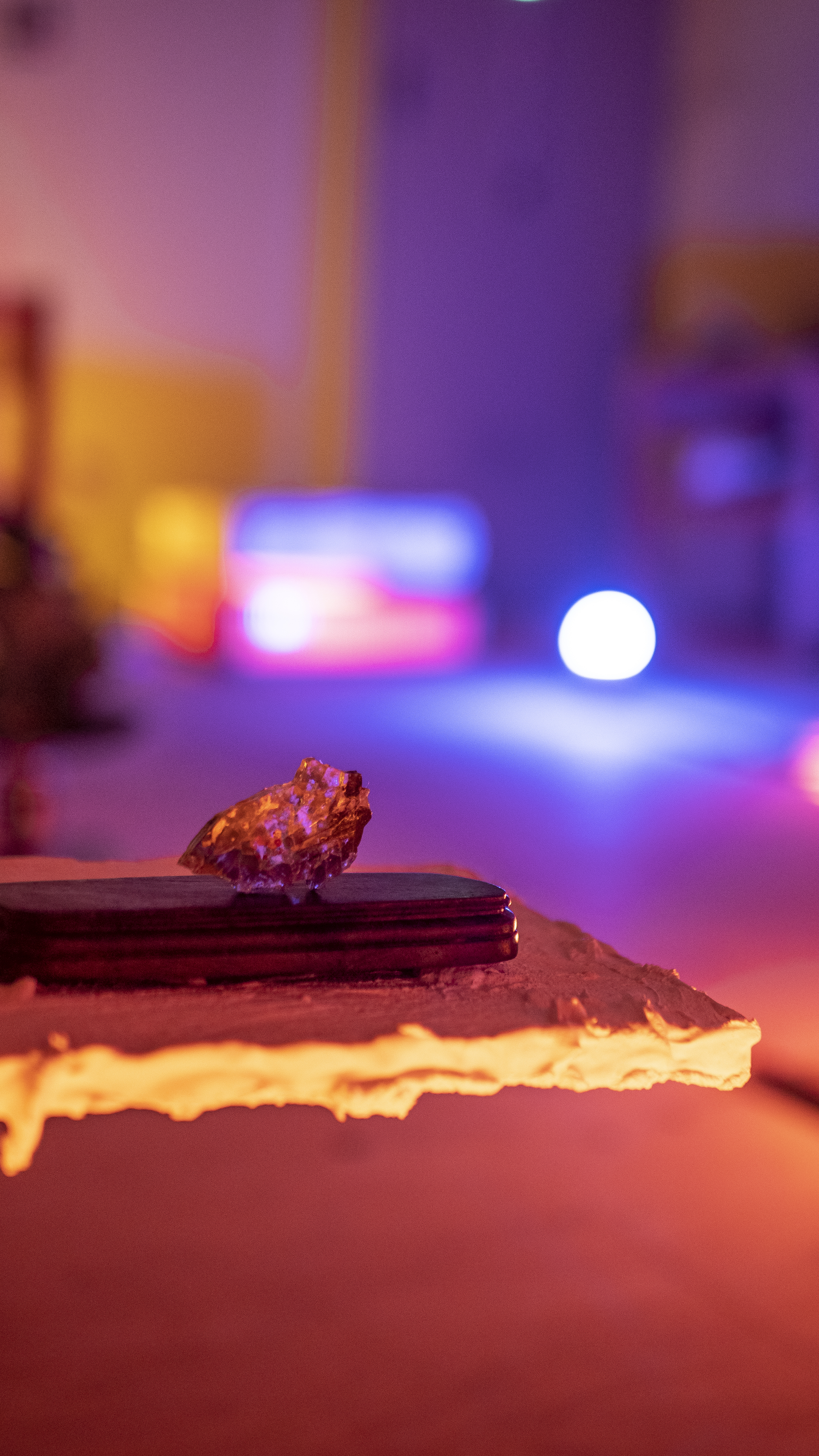
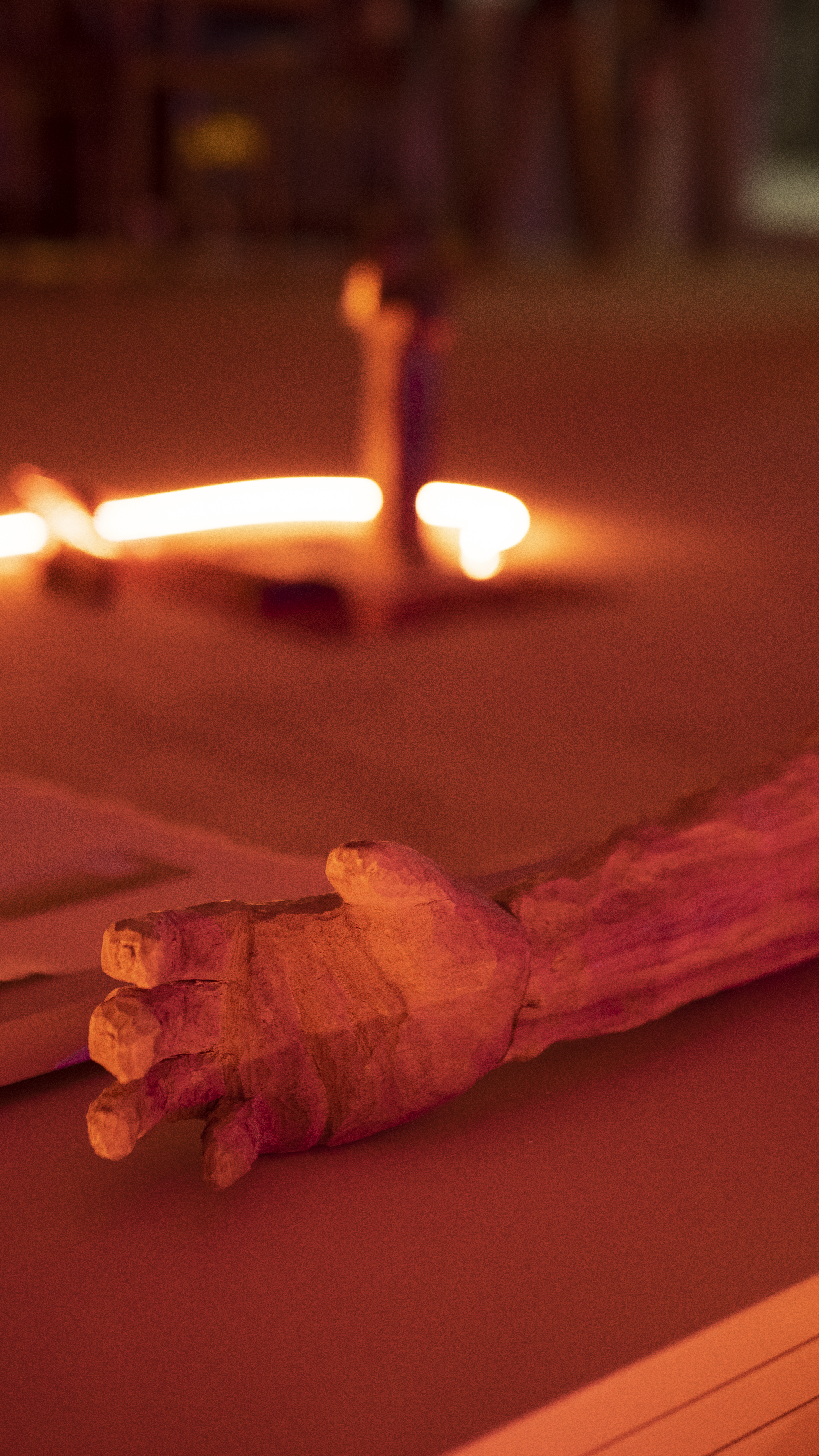
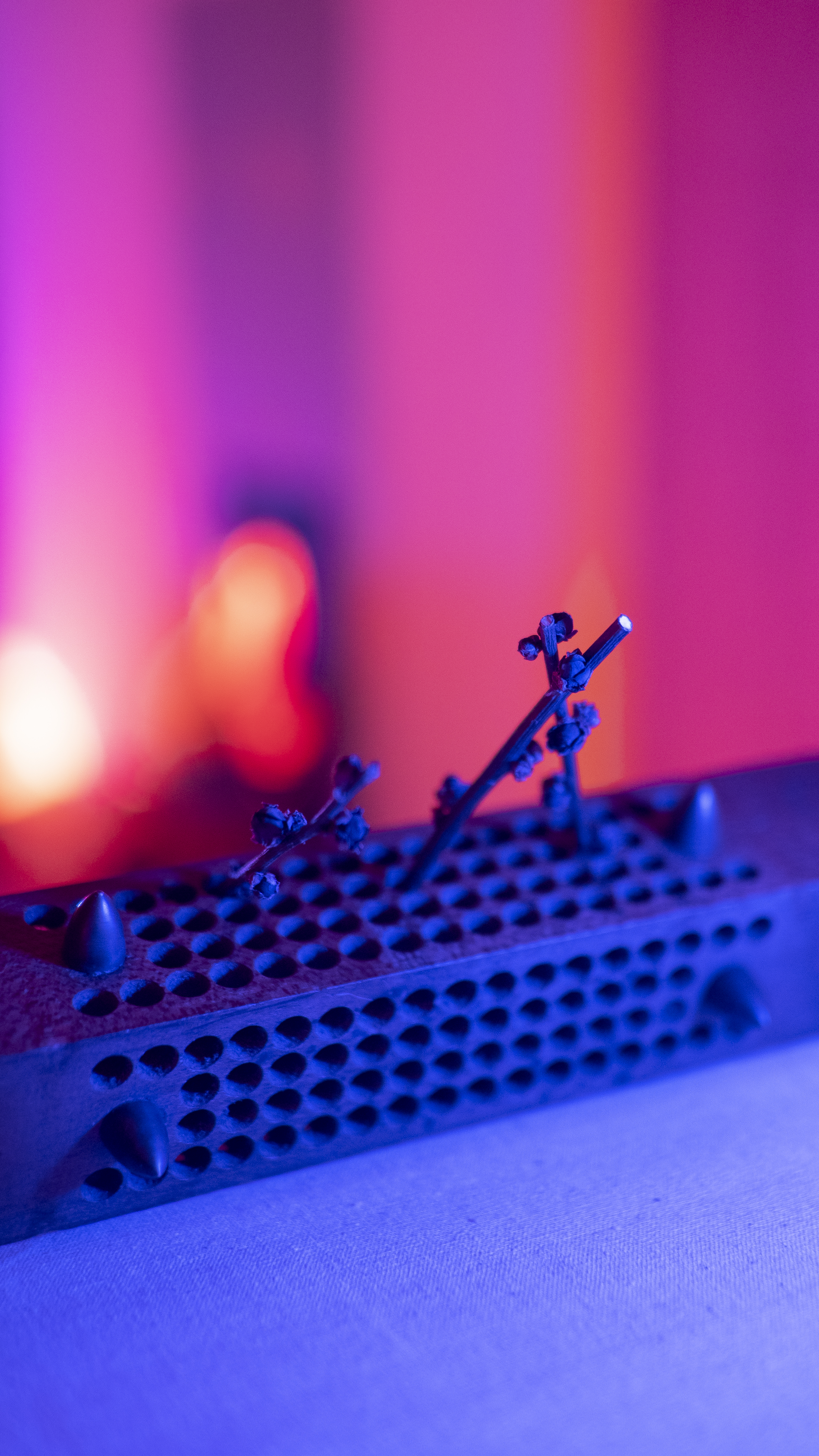
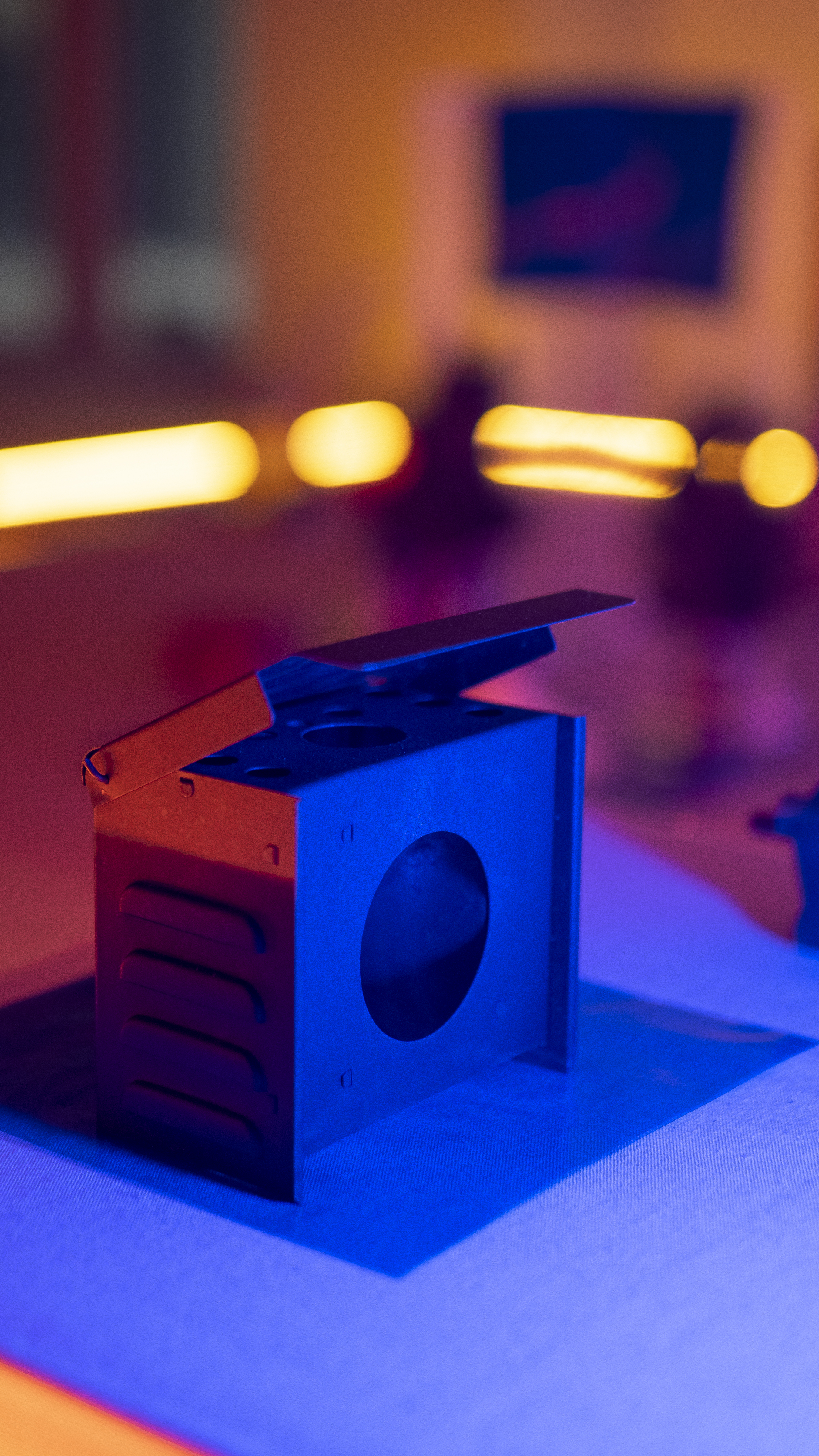
Monomi III, Bridge Studio, Nuit Blanche Kyoto
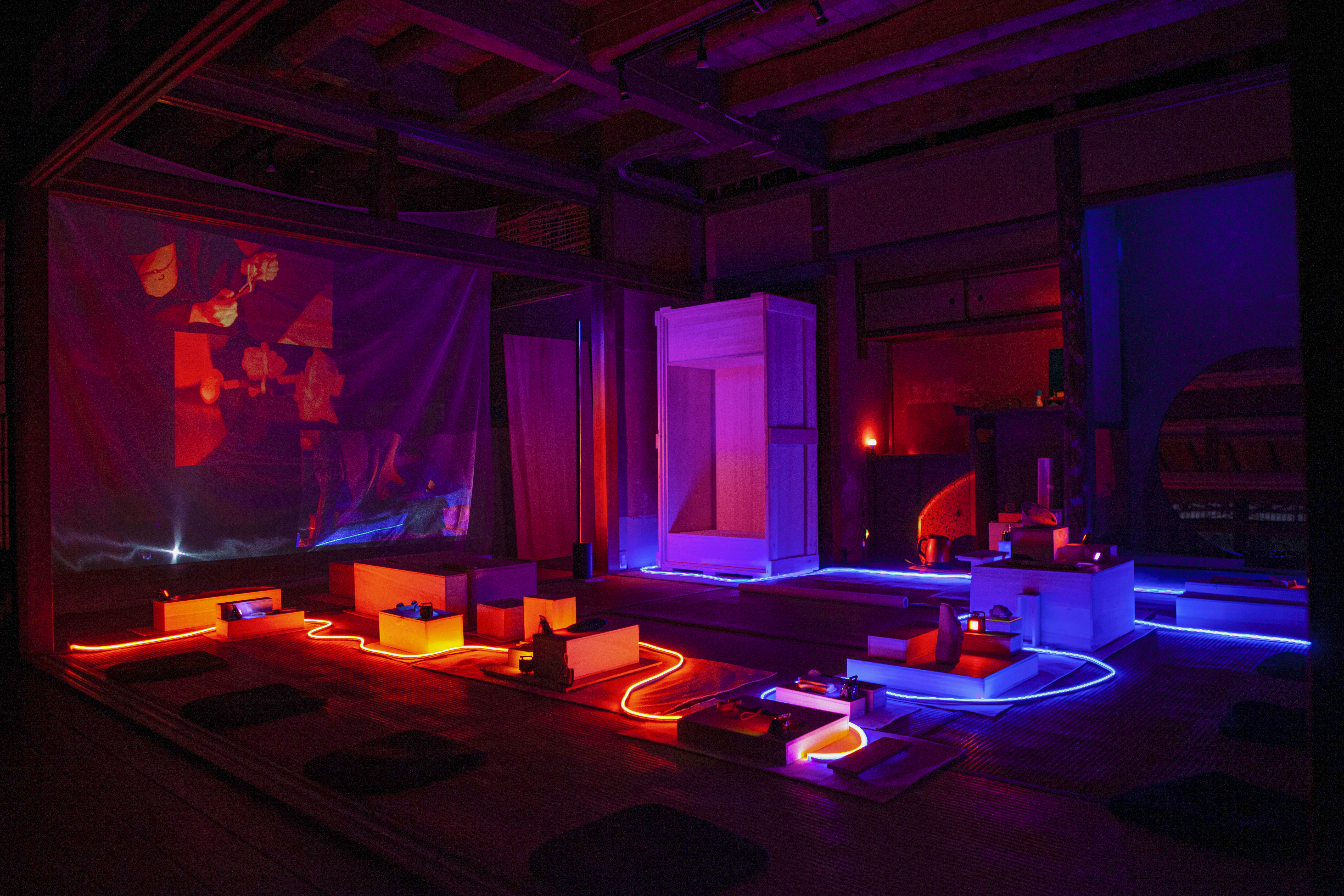
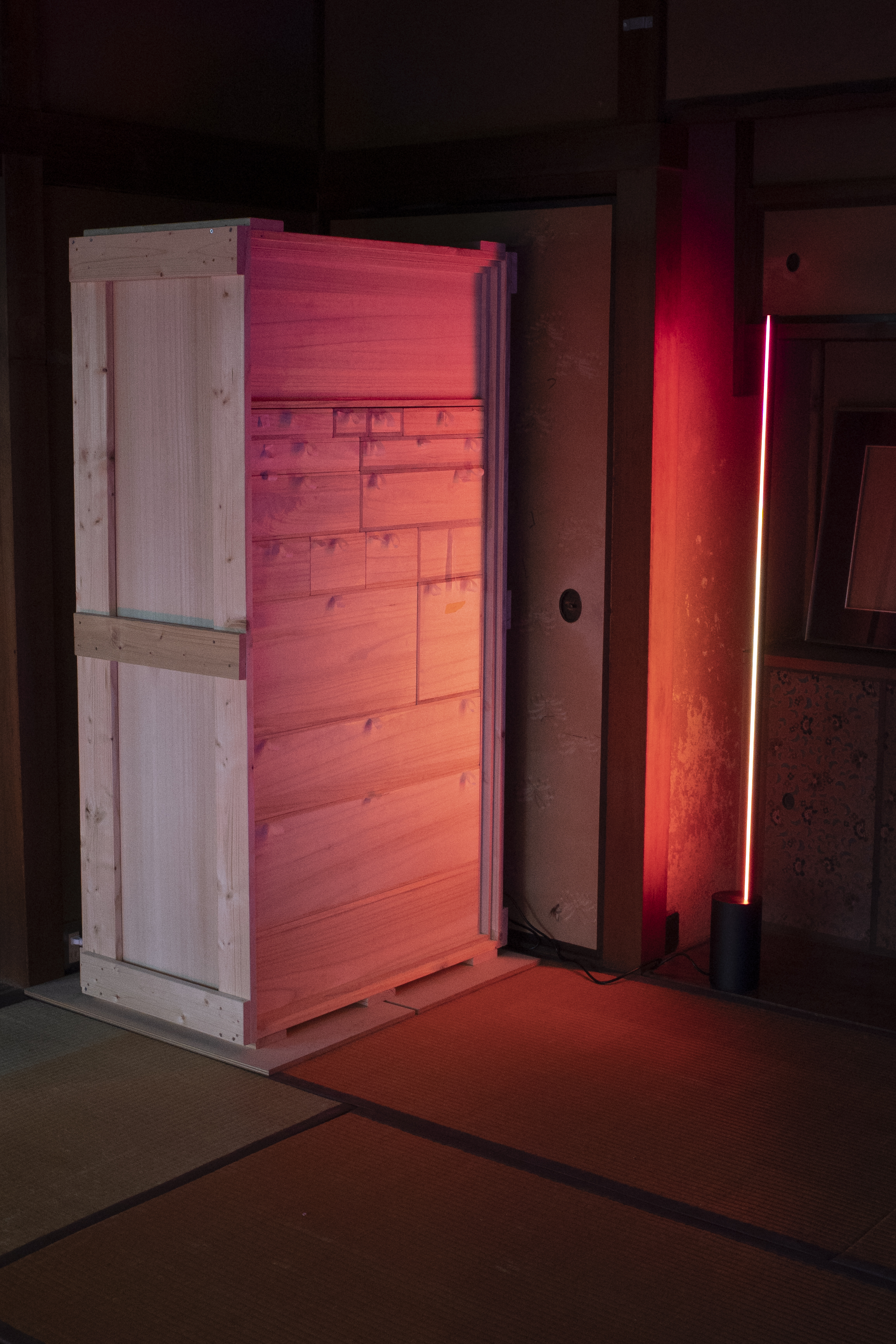
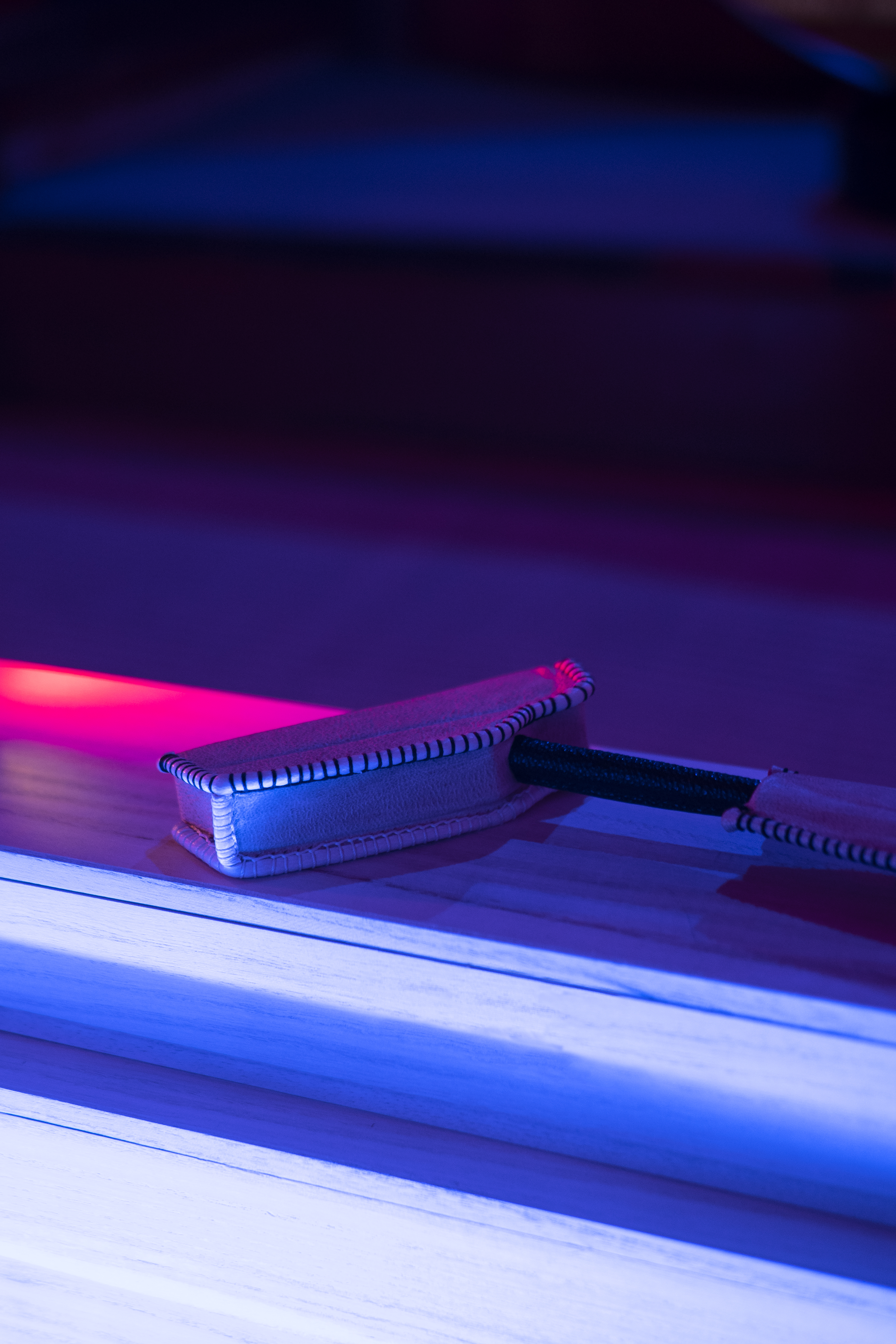

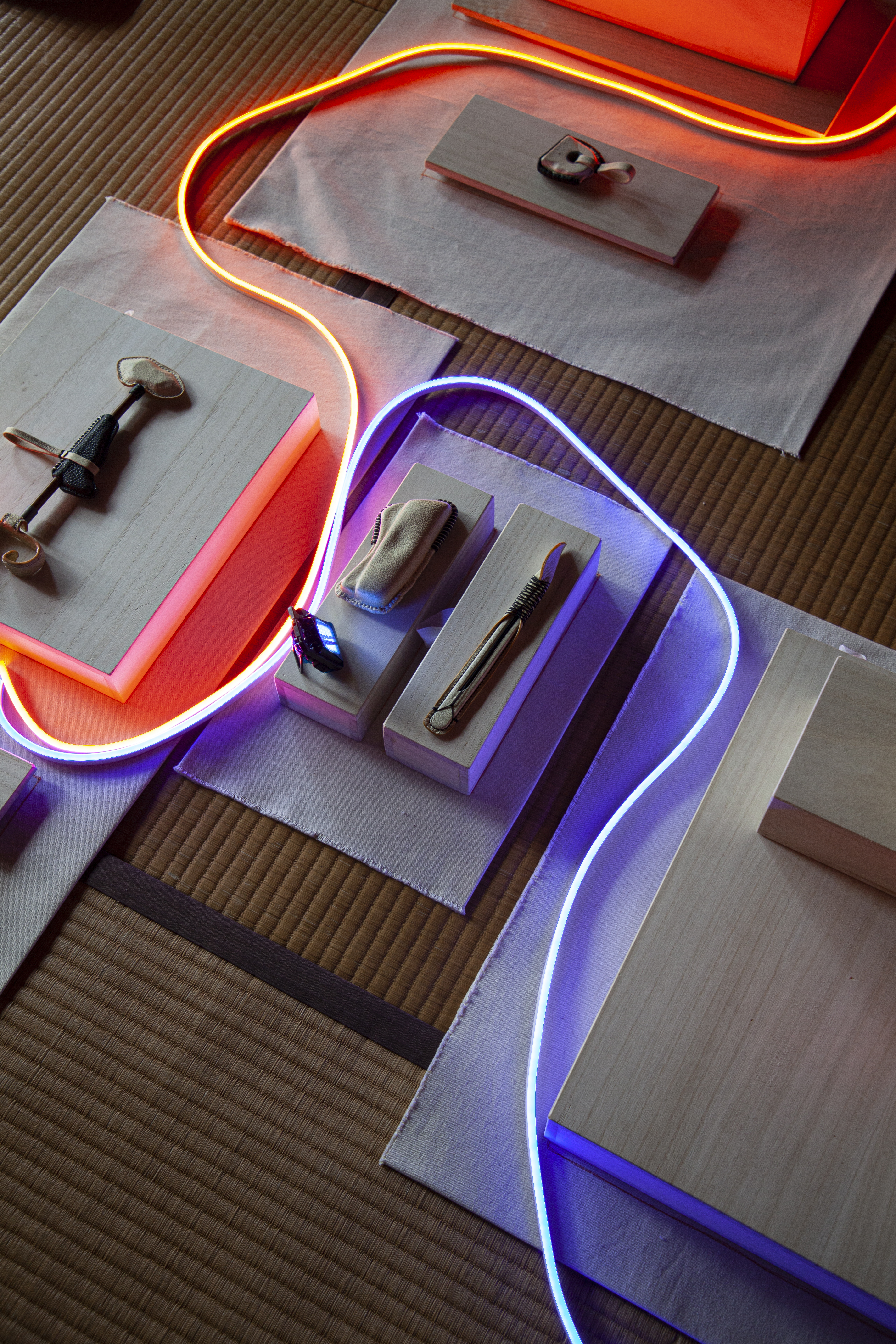

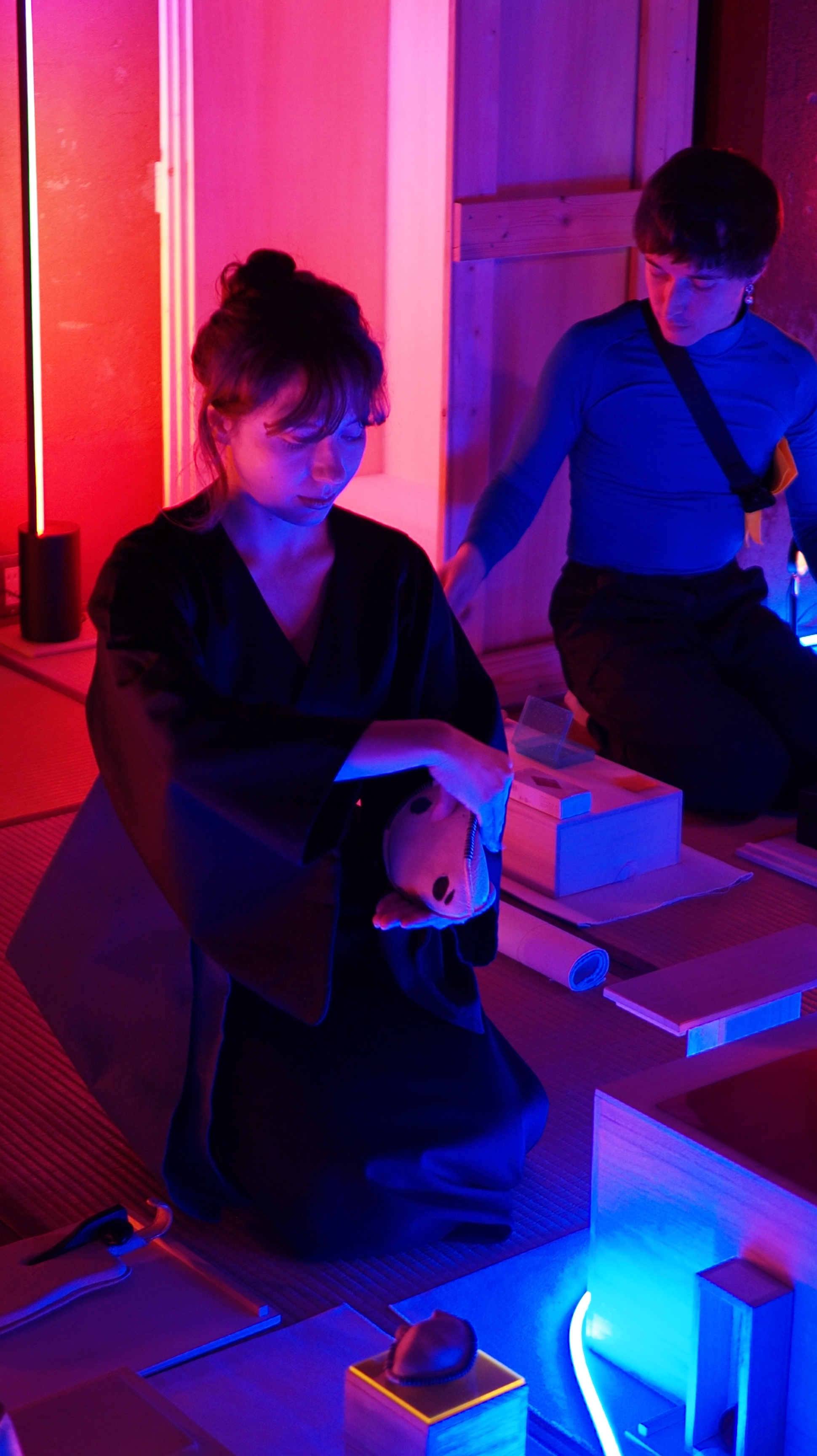

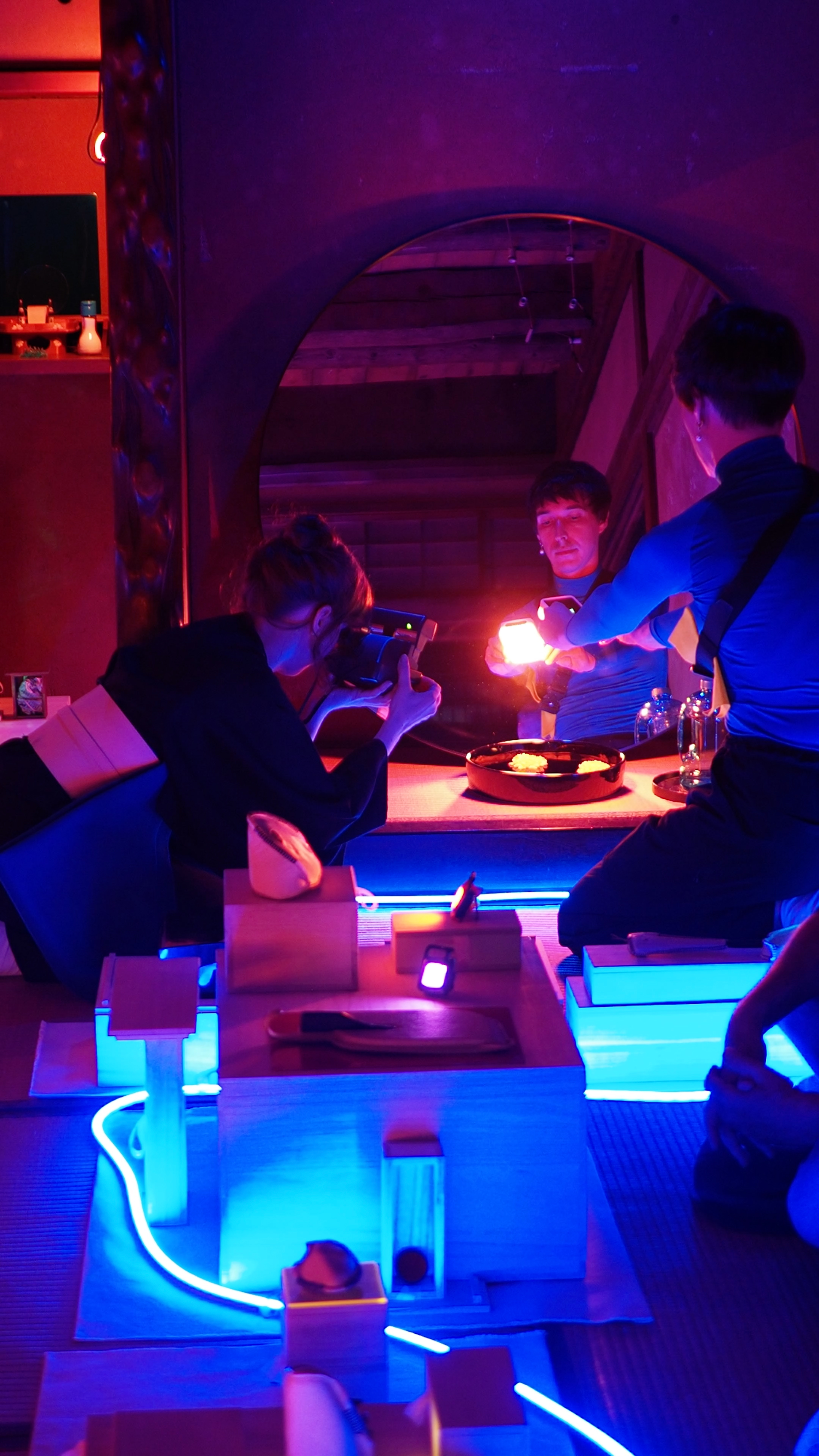
︎︎︎vidéo
Monomi, National School of Photography, Arles
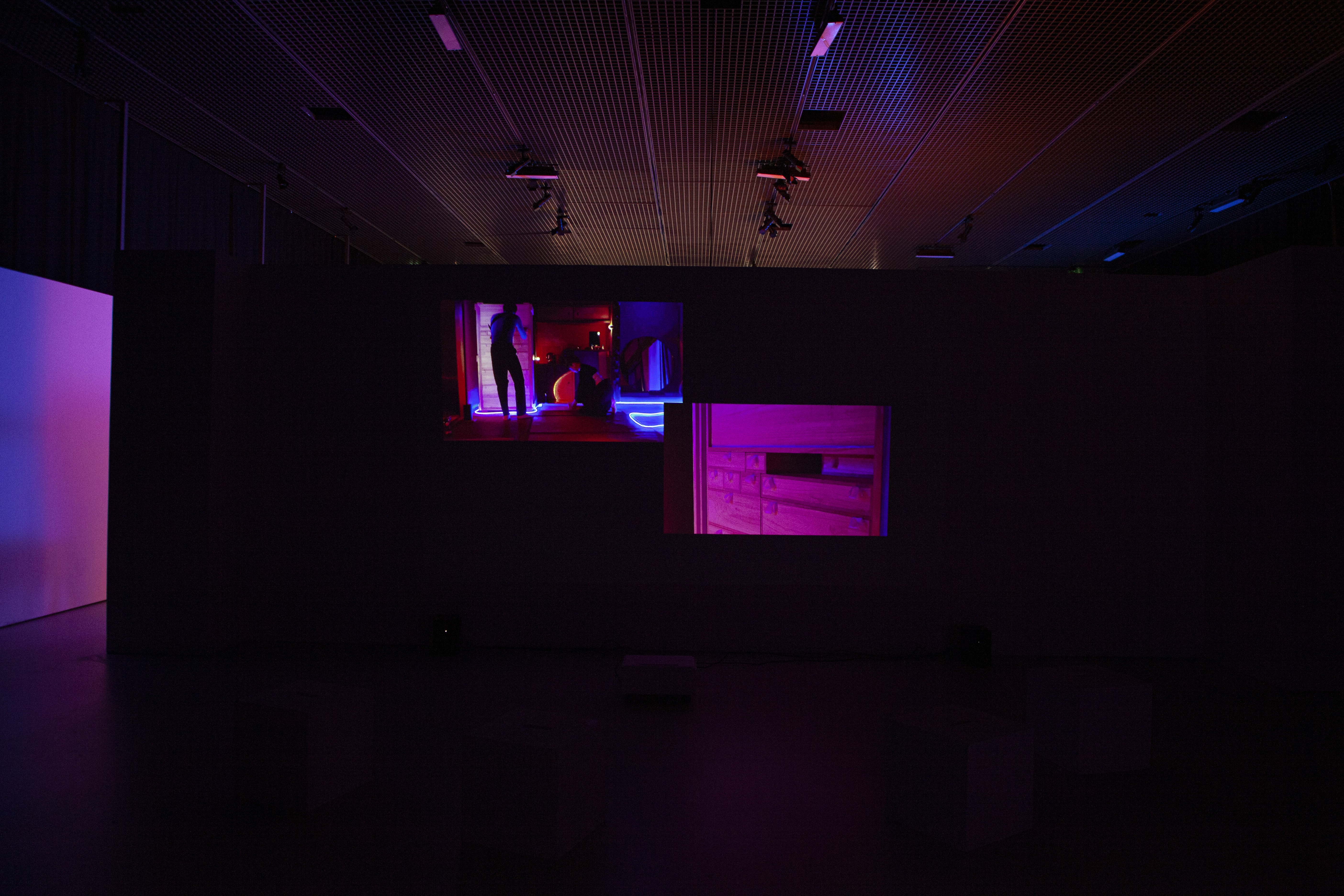
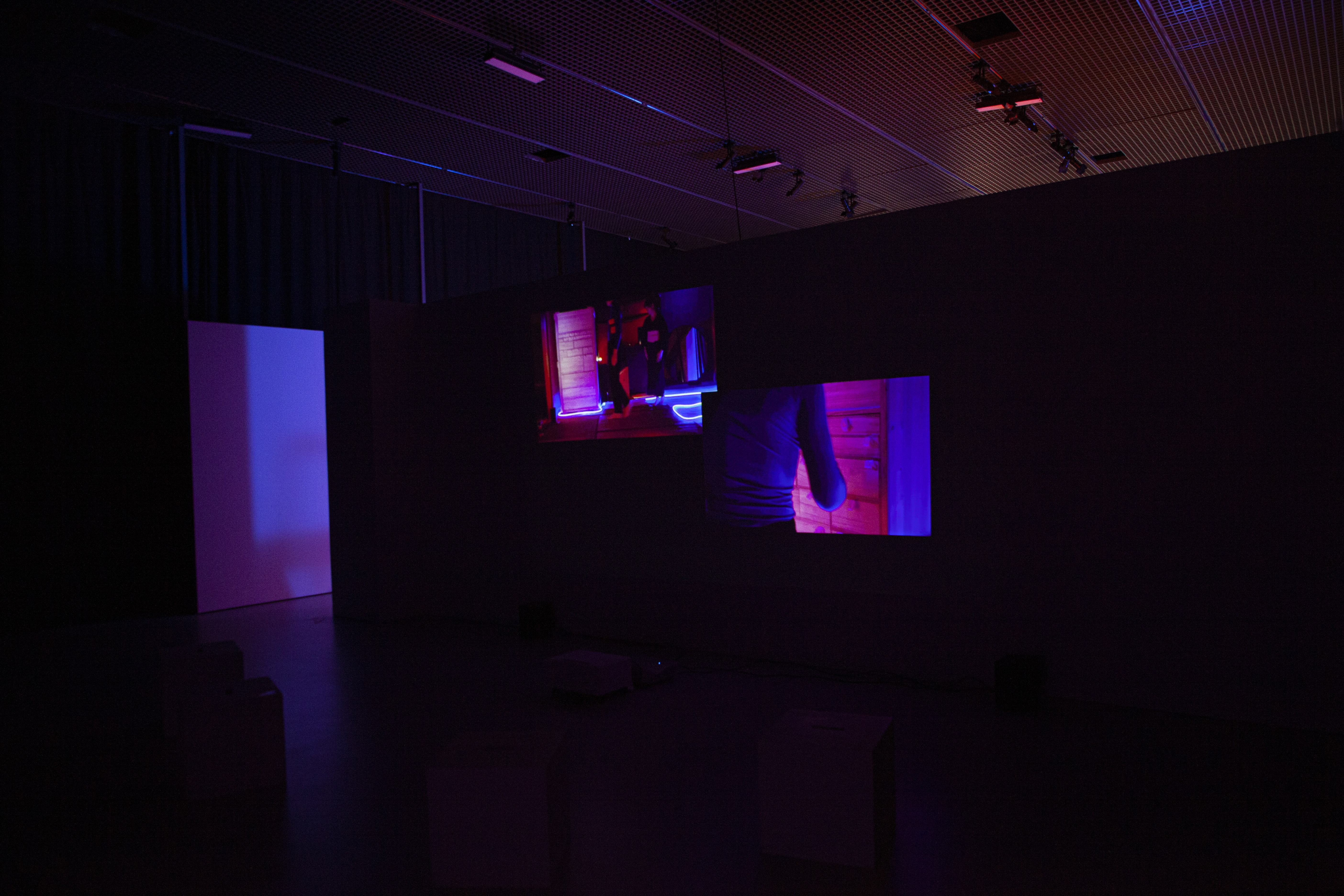
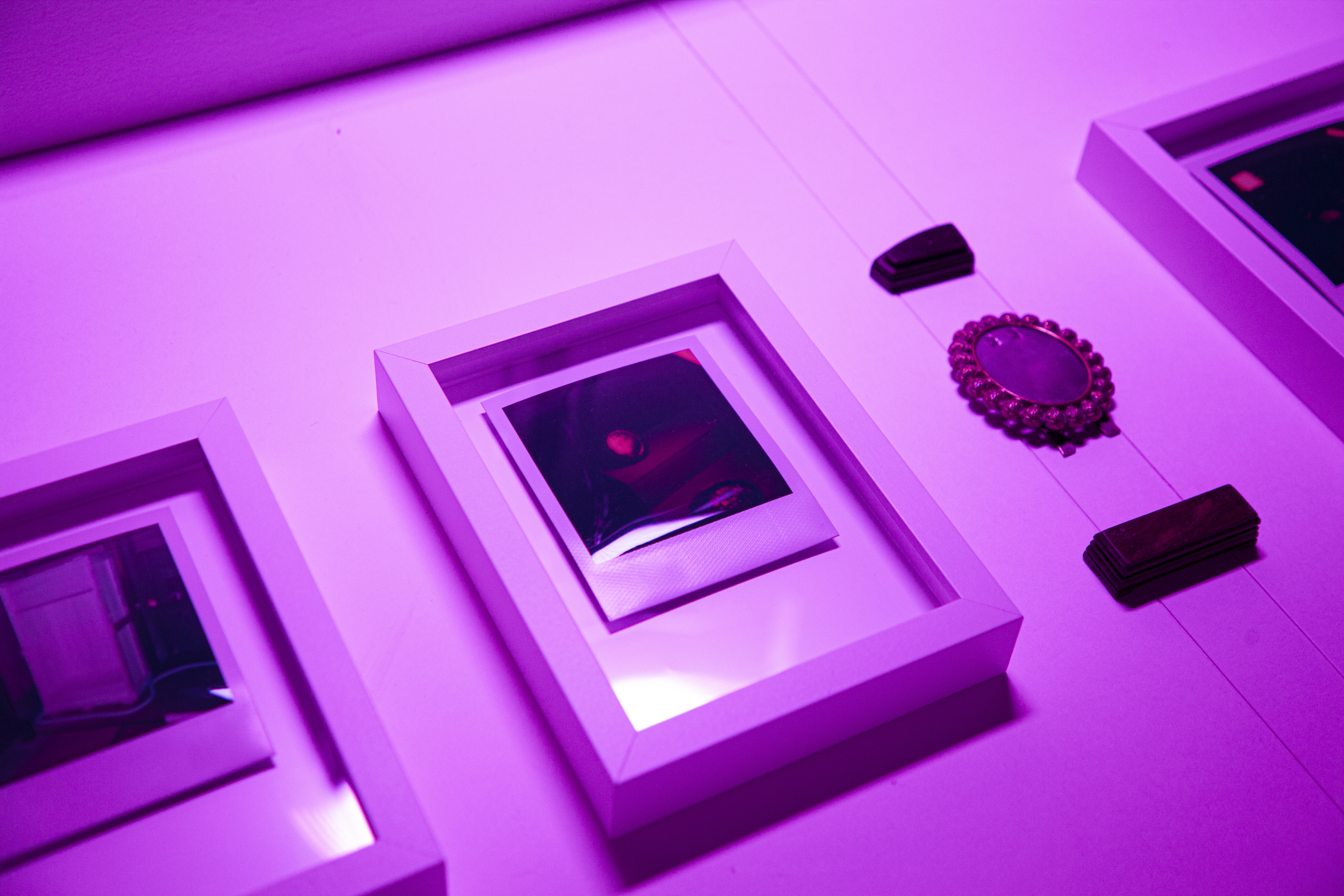
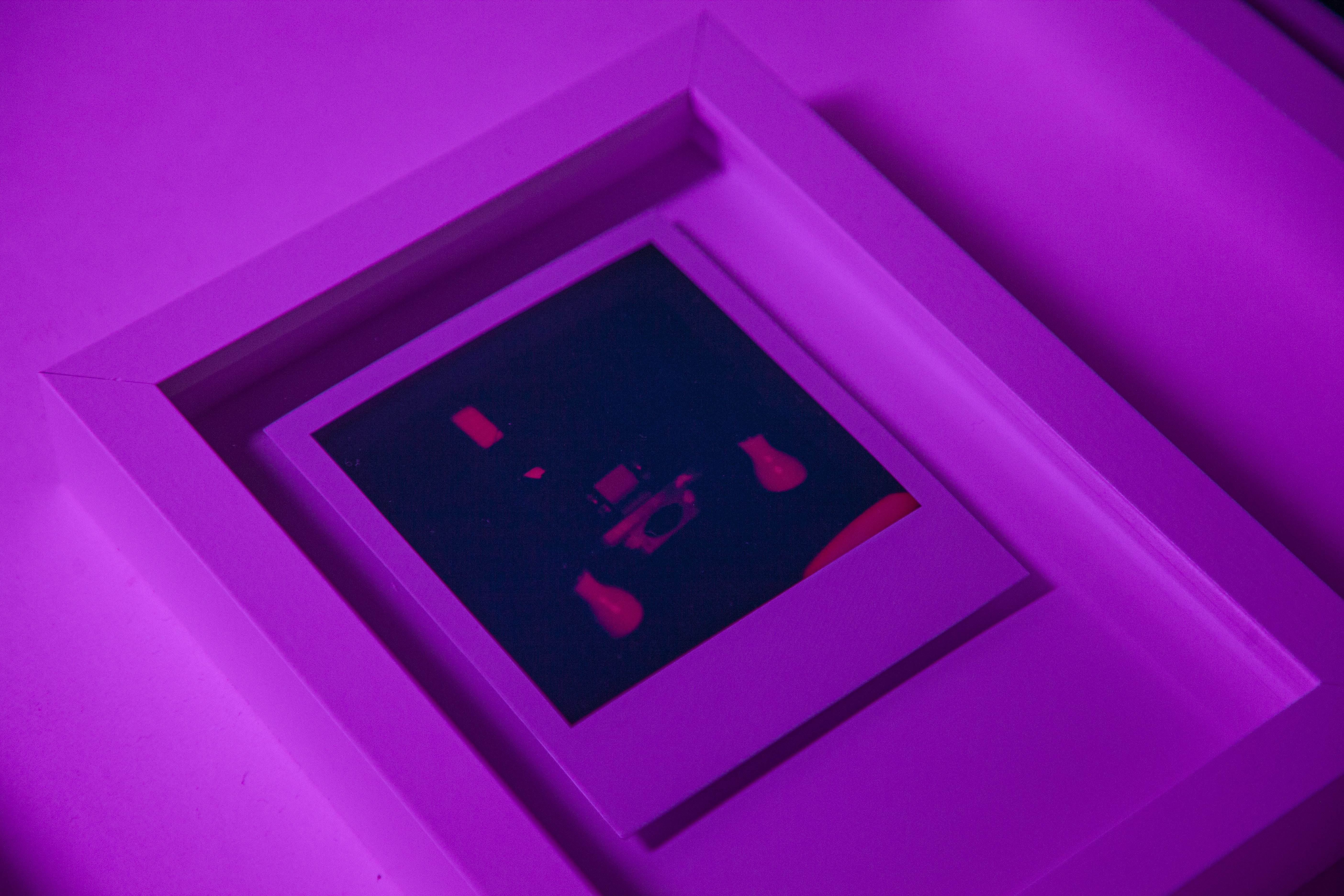
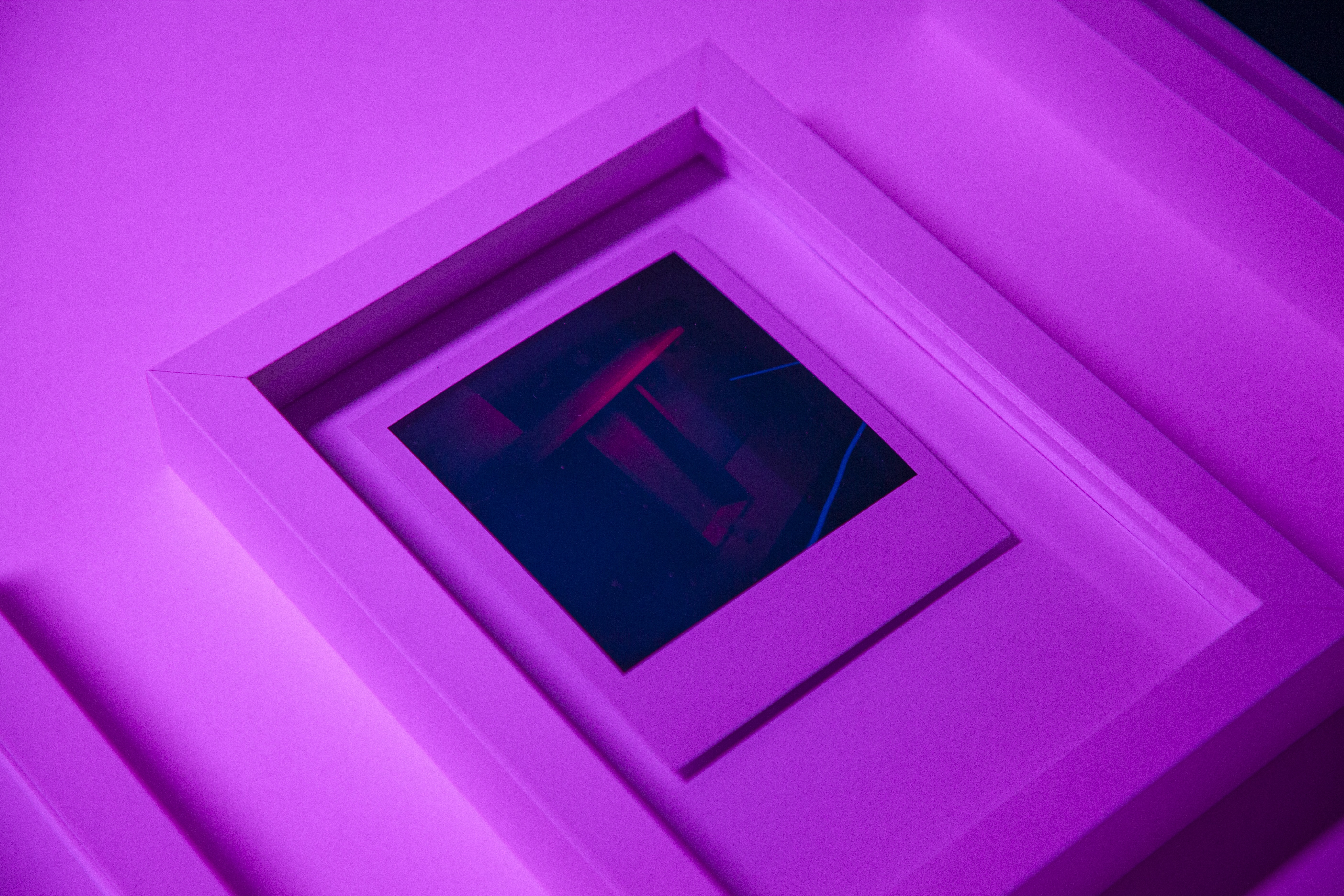
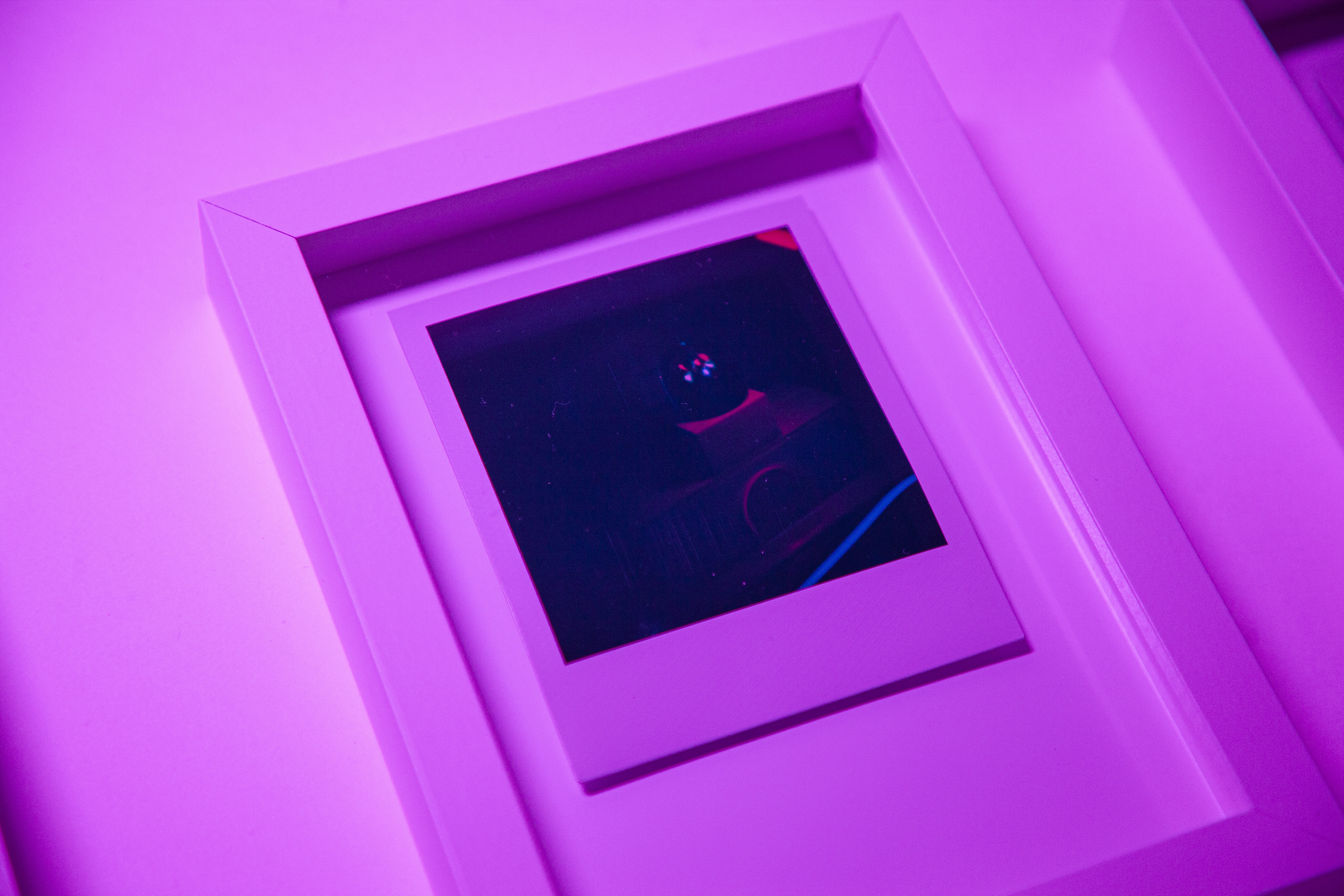
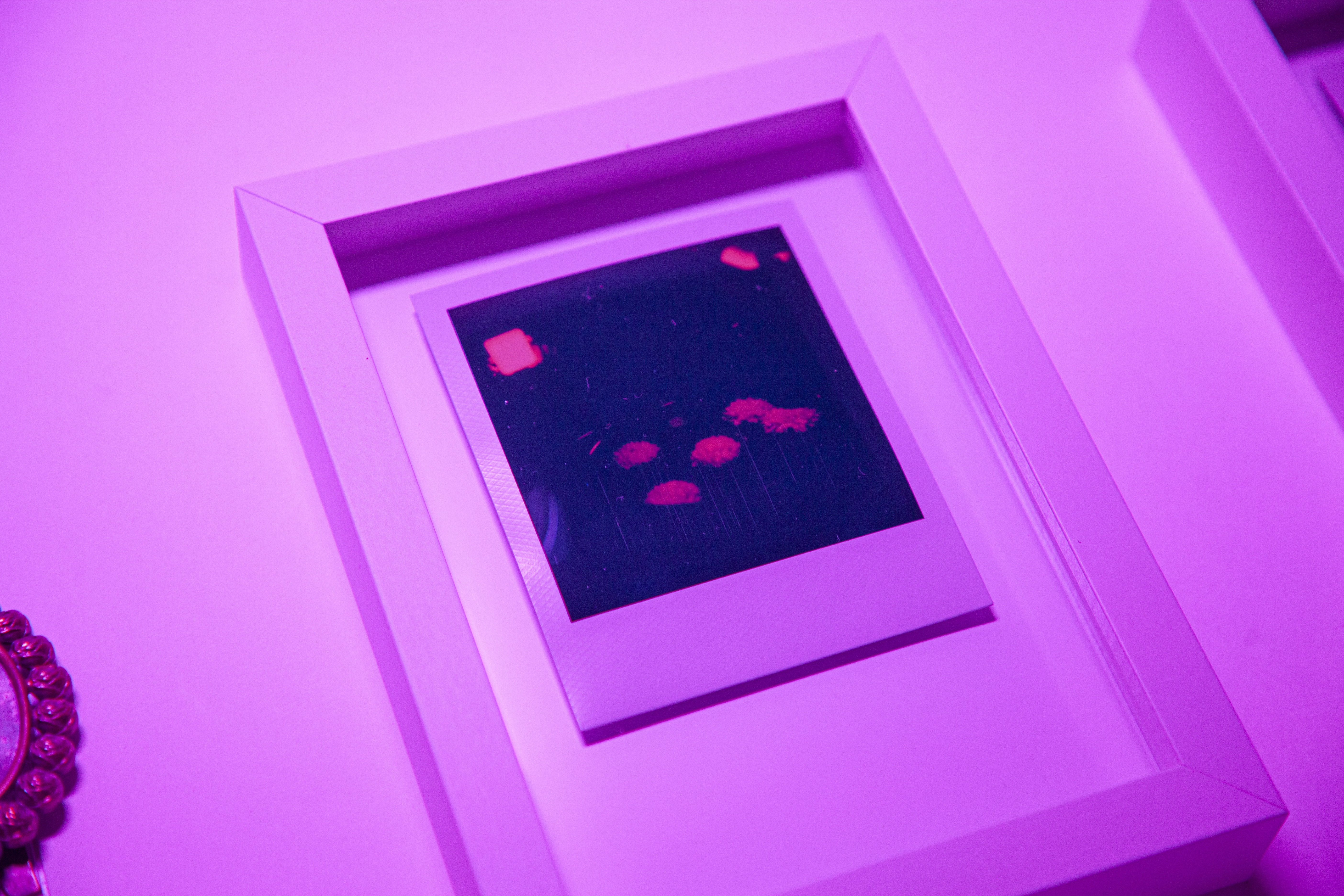
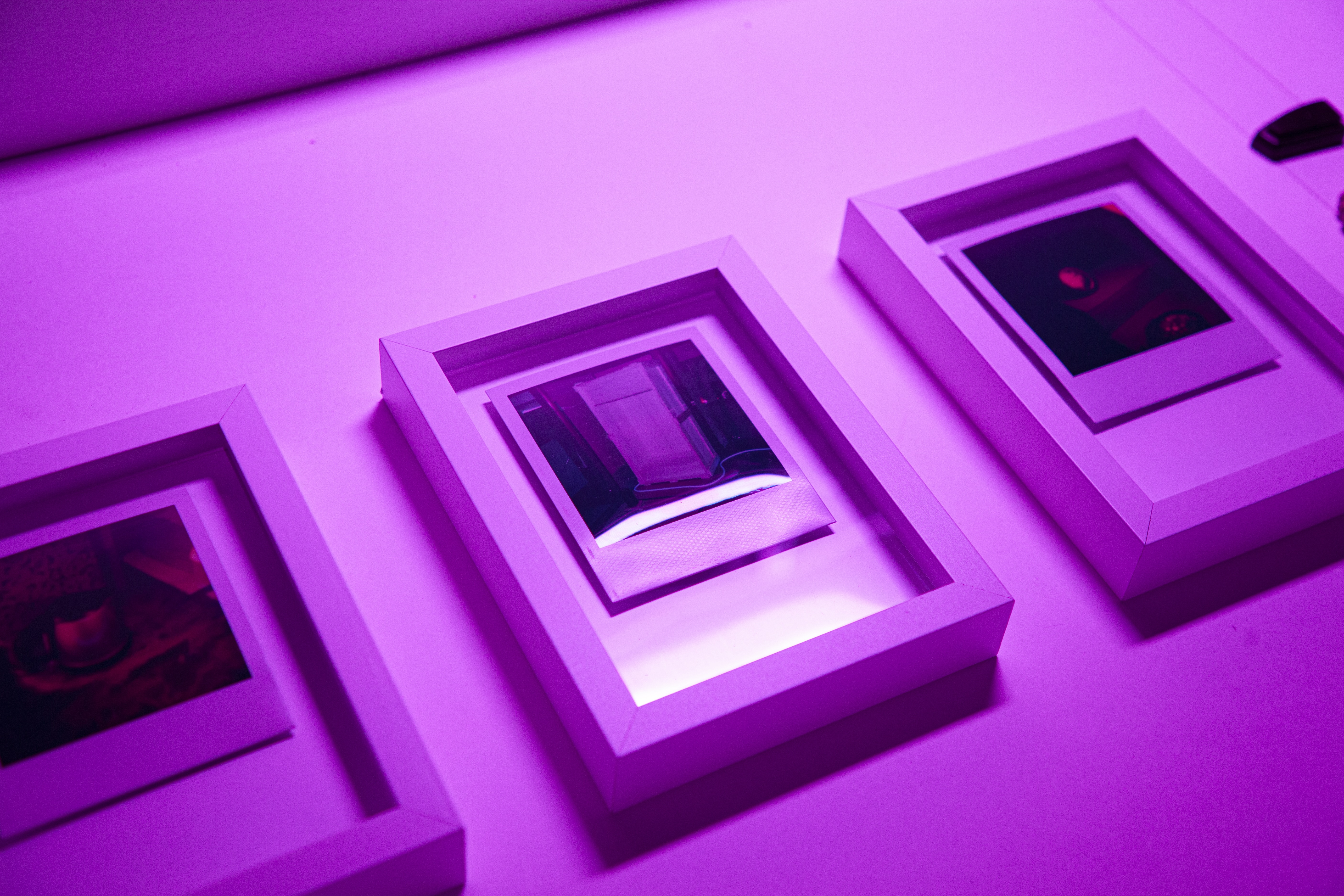
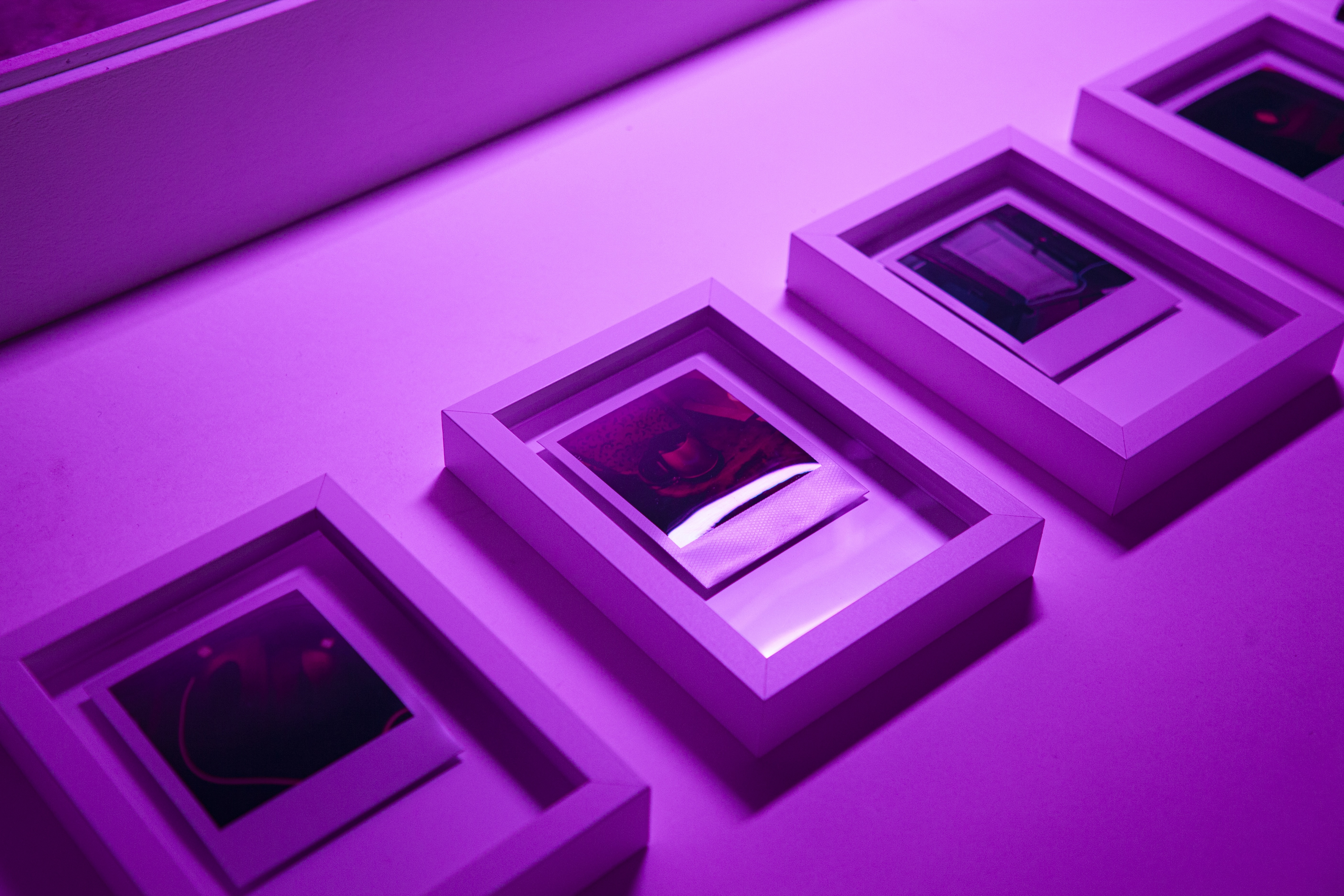
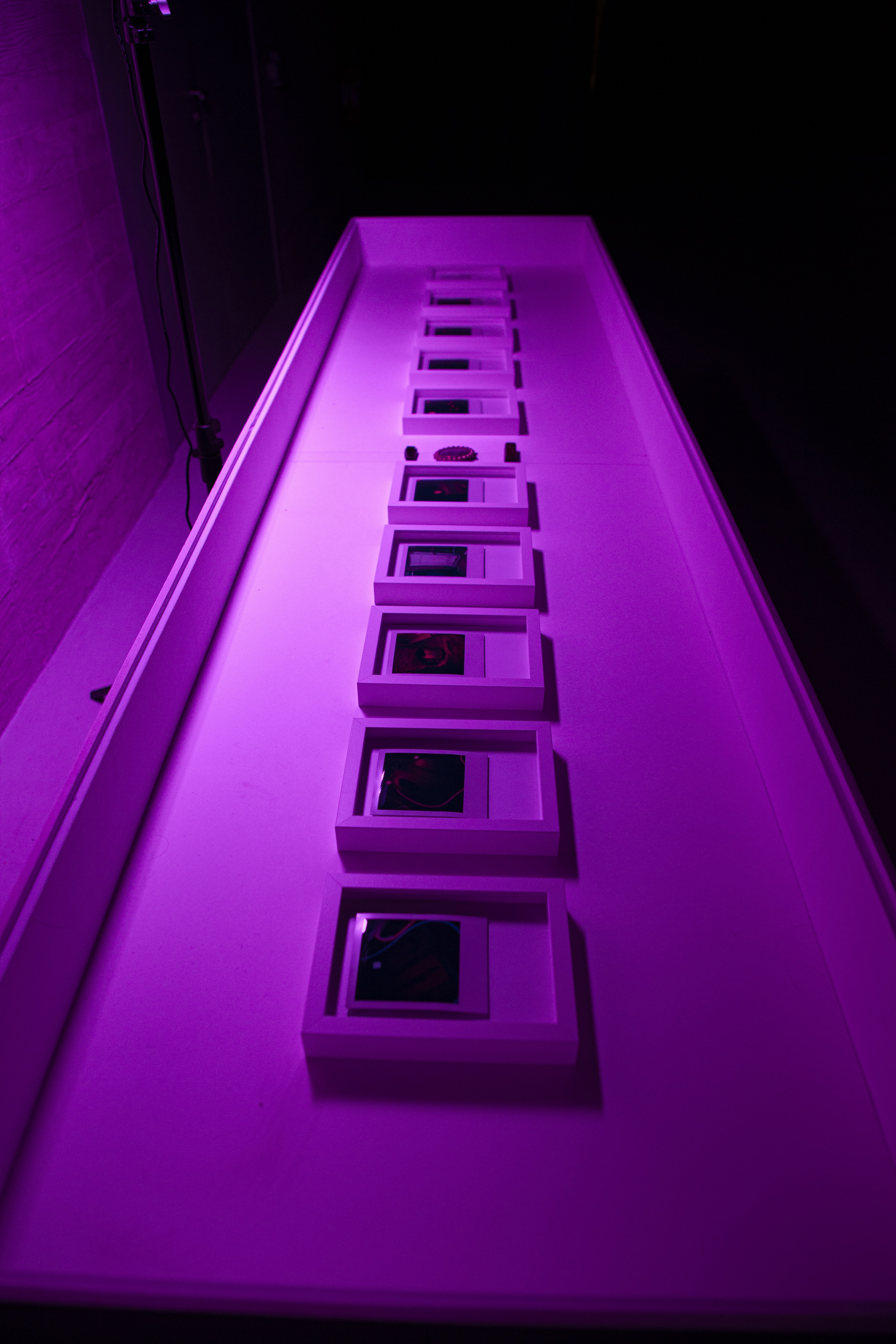
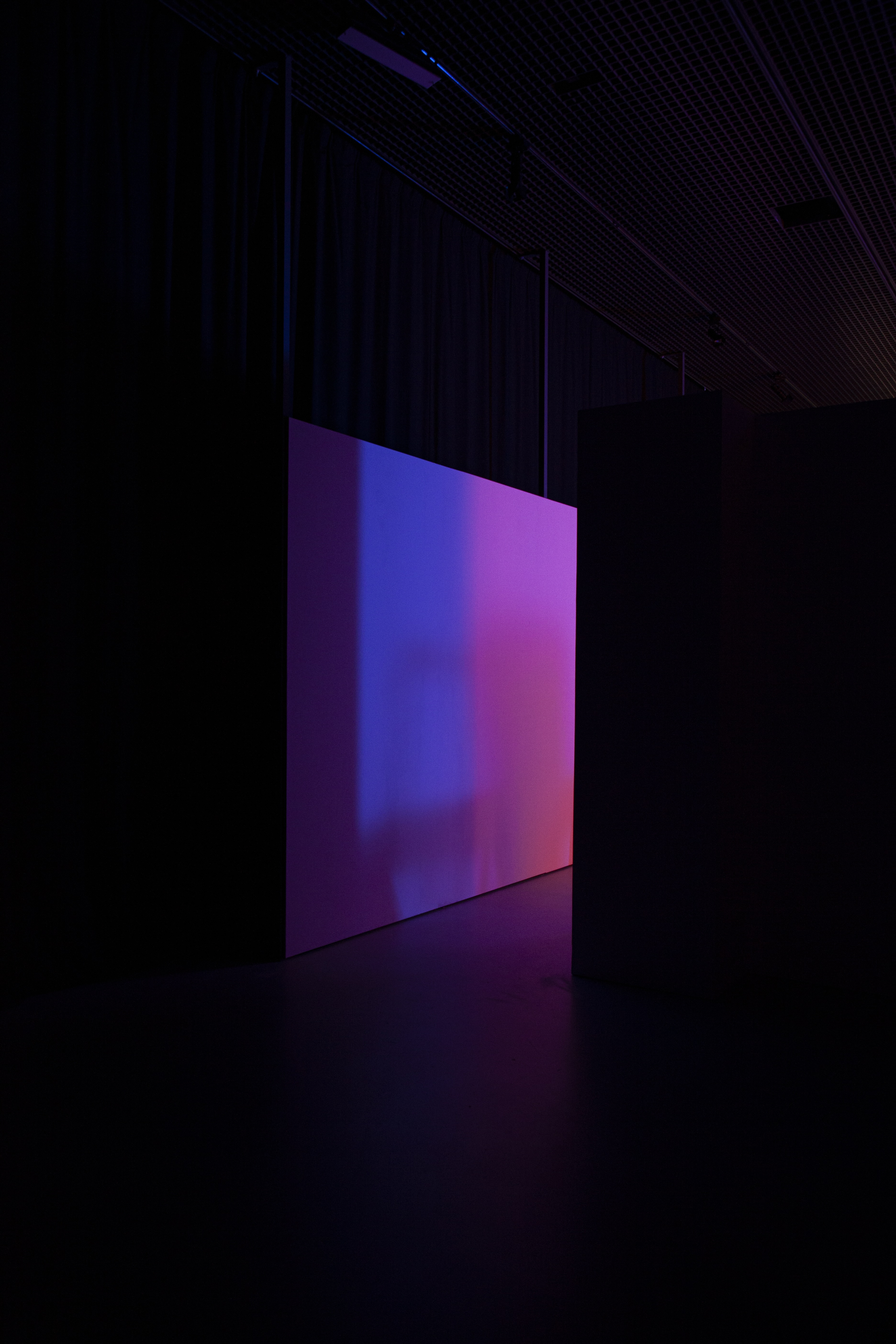
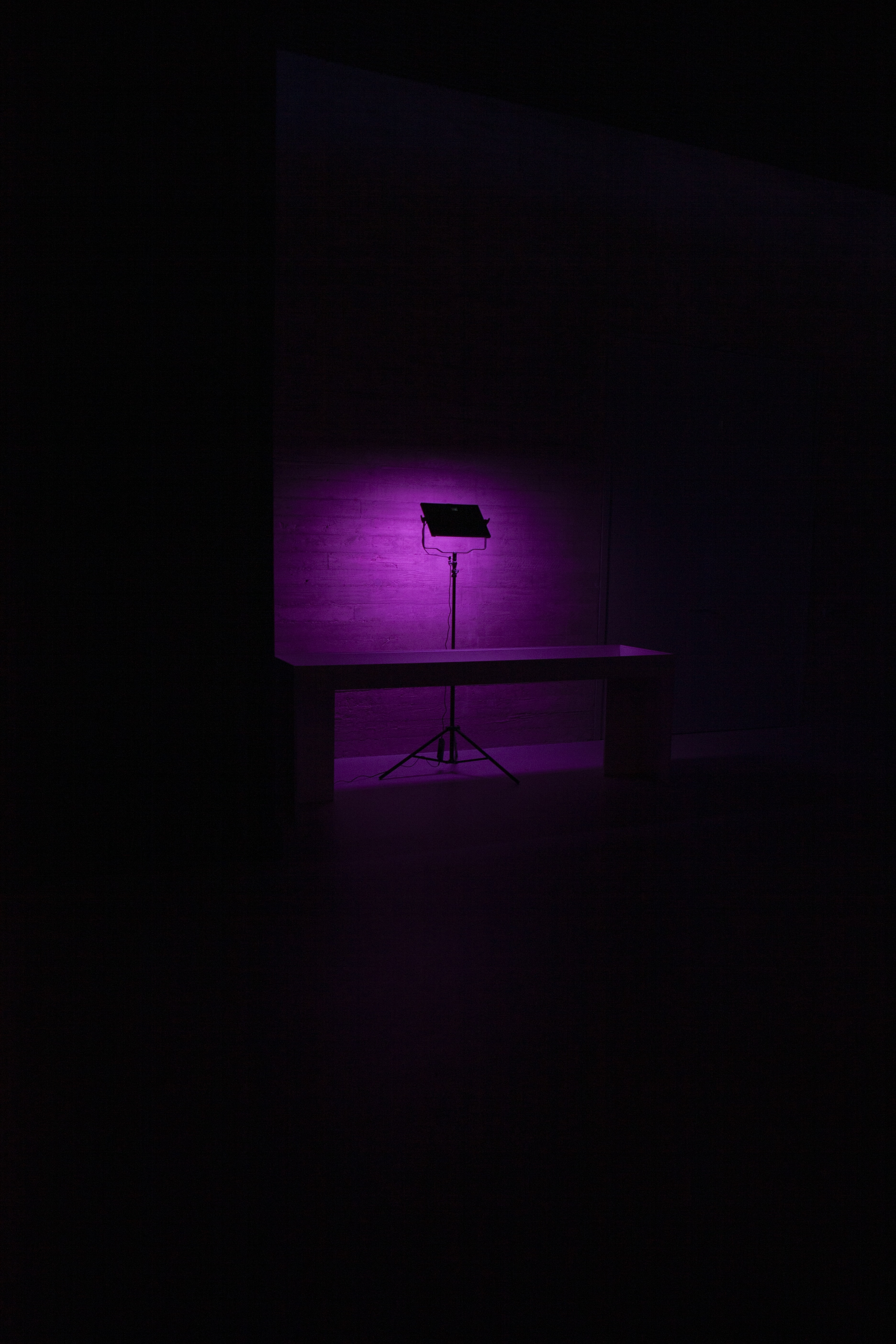
December 7, 2023
🏡 Villa Kujoyama
February 7-11, 2024
🏡 Fine Arts of Kyoto
September 28 – October 26, 2024
🏡 Bridge studio, Nuit Blanche Kyoto
September 30 – December 20, 2024
🏡 National School of Photography, Arles
🏡 Villa Kujoyama
February 7-11, 2024
🏡 Fine Arts of Kyoto
September 28 – October 26, 2024
🏡 Bridge studio, Nuit Blanche Kyoto
September 30 – December 20, 2024
🏡 National School of Photography, Arles
Monomi 物見
Monomi explores the creation of a new form of contemporary rituality, at the intersection of performance, exhibition-making, and the tea ceremony. Conceived as a protocol for the manipulation of art objects, the project originated from the reactivation of the series Ceremony of Objects (2016–2018). Its multiple forms – performance, exhibition, video – evolve according to the hosting venue and the collaborations involved. Each iteration reinvents gestures and scenographic devices, creating suspended space-times conducive to contemplation.
Monomi III
September 28 – October 26, 2024
Bridge Studio, Kyoto – Nuit Blanche Kyoto 2024
This third chapter of Monomi, presented as part of Nuit Blanche Kyoto 2024, extends the work initiated at Villa Kujoyama (2023), where the series first began to take shape. Conceived by Disconoma in collaboration with JN. Mellor Club, it employed the ritual of tea (chakai) as a mode of appearance and manipulation of objects. The leather Objects/Tools, specially crafted by Karine Arabian and Franck Blais for this performance, oscillated between memorial relics and contemporary reinterpretations of traditional Japanese craftsmanship.
The scenography was organized around a central element: a hakonoma, or “space of boxes,” inspired by the traditional tokonoma. This ornamental piece of furniture was both an artwork in itself and a functional device, containing pedestal-boxes designed to protect, transport, and display the Objects/Tools by JN. Mellor Club, each box precisely fitted to its content. Produced specifically for this iteration, the furniture reflected a particular attention to the interconnection between form, function, and environment. The installation took place within Bridge Studio, a renovated machiya (traditional Kyoto townhouse) with a history that infused the project with its own resonance.
The staging combined music (by Drella), light, and choreographed gestures to create a dramaturgy inspired by the codes of the tea ceremony. Each moment of the performance – the presentation of the objects, their manipulation, illumination, and storage – unfolded as a ritualized sequence where gestures and materials entered into dialogue. The interplay of traditional and contemporary elements invited renewed contemplation of objects and their uses, while questioning their presence and circulation within collective contexts.
Through this performance, Monomi inscribed itself within a logic of désœuvrement: the art object, stripped of its conventional finality, became the pretext for a dialogue between gestures, materials, and spaces. Borrowing from the tea ritual, contemporary scenography, and choreographed manipulation, the project transcended traditional categories to situate itself in an in-between: between the made and the unfinished, the visible and the intangible. This transcultural approach, connecting Japanese traditional practices with contemporary Western artistic reflections, interrogated notions of use, transmission, and temporality. Monomi thus proposed an aesthetics of the interstice, where gestures open to improvisation, objects to reinvention, and spaces to re-reading – creating bridges between practices and sensibilities that may appear opposed, but reveal profound convergences in their search for a renewed relation to the world.
Original idea : Thomas Vauthier and JN. Mellor Club
Concept, movements, scenography, video: Disconoma (Fanny Terno & Thomas Vauthier)
Leather Objects/Tools: JN. Mellor Club (Karine Arabian & Franck Blais)
Musical supervision: Drella